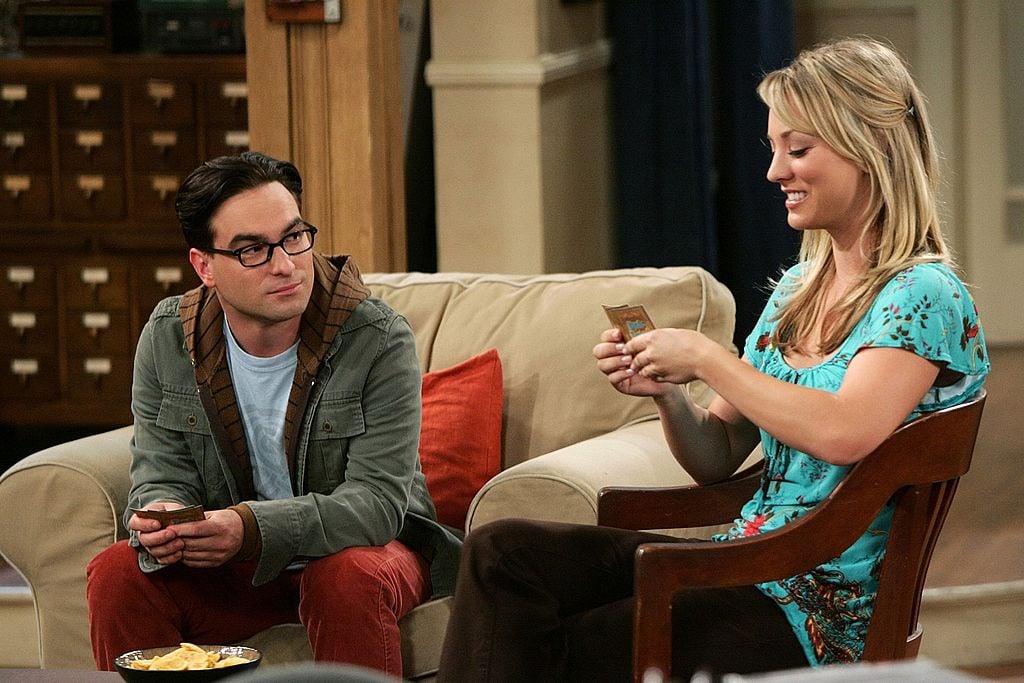‘The Big Bang Theory’: Was The Series Too Stereotypical?
For 12 seasons, The Big Bang Theory was one of the most heavily watched TV shows each year. The series, which collected awards and accolades along the way, found a ton of fans during its original run, and still maintains a strong fan base, even now that it’s gone off the air. That doesn’t mean everyone loved the show. Opponents of the series often argue that the series was far too stereotypical to be enjoyable. Was it, though?
Penny’s character is the stereotypical “clueless girl”
Penny, who was never given a last name during the show’s 12-season run, was the bubbly blond who lived next door to Leonard Hofstadter and Sheldon Cooper when the series began. She later befriended the group and eventually married Leonard. Through it all, though, her character was pretty stereotypical.

Penny was portrayed as bubbly, beautiful, but a bit dim. That, in and of itself, was stereotypical. It suggested that a woman couldn’t be both beautiful and intelligent. Penny was also portrayed as a struggling actress who used her good looks to curry favor from her smart, but socially inept next-door neighbors. Critics argue that Penny’s entire early relationship with the guys was, in and of itself, a stereotype.
Critics argue that writers poked fun at both Indian and Jewish culture
The writers of The Big Bang Theory have taken criticism, over the years, for their portrayal of both Jewish and Indian culture. Raj Koothrappali has been deemed offensive by several members of the Indian community. Several activists have noted that the writers relied on mostly negative stereotypes to portray Raj, and used his Indian background for easy and often offensive jokes.
The same was done with Howard Wolowitz’s character. The portrayal of Howard as a man-child who was still being nagged by his overbearing Jewish mother well into adulthood was another overused stereotype, argue critics of the series.
The series took aim at geek culture
The Verge argues that The Big Bang Theory normalized geek culture, but opponents of the show claim the series relied on outdated stereotypes about the people who identify with geek culture. One main point that critics rest on is the fact that the show mainly suggested that only men were interested in comic books, video games, and action figures.
While interests that have been assigned to geek culture were once male-dominated, that is no longer the case. Video games, for example, was once a male-dominated entertainment sector, but women over the age of 18 now make up 36% of gamers, according to The Washington Post. The Big Bang Theory refused to acknowledge that fact.


